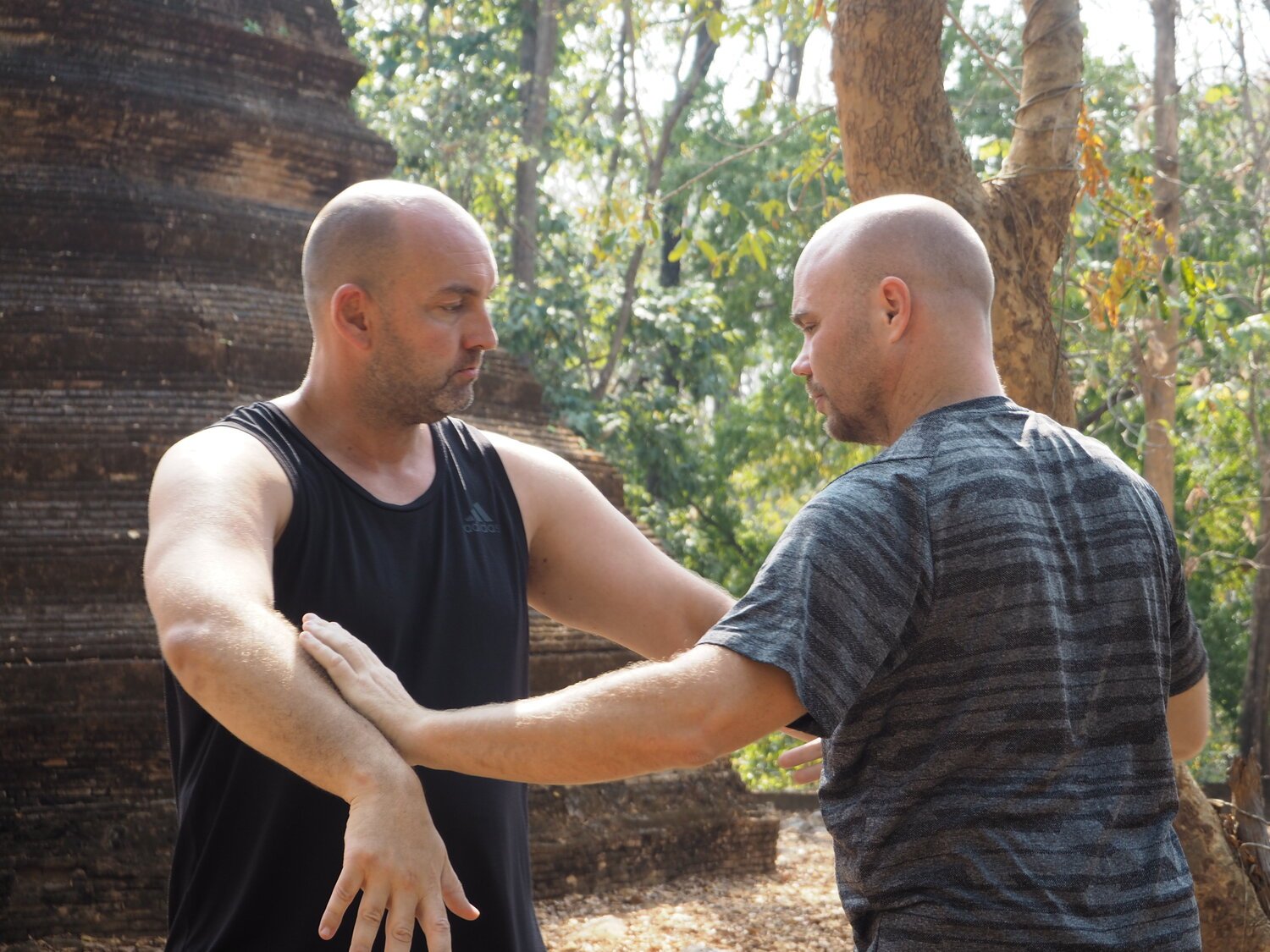The Spirit of Practice
TaiChi Chuan is a a form of cultivation. This means, among other things, that we train in more than simply physical skills like punching, kicking, and movement. Instead, we practice to build our character, nurture our body and mind, and go past our fundamental human constructs into the non-dual, ultimate truth. Naturally, this is a difficult endeavor that cannot be accomplished if we approach our practice in the incorrect way.
We must be receptive to receiving in order to try to learn and comprehend anything. Even the most basic forms of teaching and learning depend on this. It will be difficult for you to acquire any body of knowledge, much less personally experience any wisdom for yourself, if you do not hear, see, or experience the information. We are all aware that failing to pay attention in class resulted in missing exam answers! Why then do we believe that studying TaiChi Chuan, martial arts, or any other kind of the incredibly intricate and multi-layered body-mind relationship is any different?
What happens if my teacher attempts to teach me something every time, but I think I know the answer? That is to say, I already know what anything means when my instructor attempts to explain it to me. I've already determined the response. I've already determined that I know what my teacher is referring about. I then just restrict the options to what I already know. This approach does not provide room for fresh knowledge or the emergence of insight.
Therefore, how does this apply to physical art when we are attempting to learn and absorb something with the body? I will never be able to comprehend what my teacher is attempting to teach me if, when they try to demonstrate a method, I am fighting, trying to win, running away, succeeding, or making them fail, instead of being able to experience what is occurring.
It is one thing to discuss the teacher in this way—regardless of how ridiculous it may sound—but it is surprisingly common to do so. But what about our peers, our fellow students, our brothers and sisters in education? We cannot expect to acquire, nurture, and comprehend new ways of being if practicing with your partner is always simply about competitiveness, pushing each other about, utilizing what works, and depending on old habits.
To put it another way, a quality training partner is invaluable. What makes a training partner suitable? A willing partner will set up the best scientific conditions for both you and themselves throughout a training session. This implies that if my partner consistently presses me in the same manner and I am training myself to respond in a particular way, then my partner will always push in the same way. But if my partner starts exerting pressure in a new direction when I'm attempting to comprehend and learn a certain response to a question, I'll start developing an unskillful habit—the incorrect response to a different question. No one succeeds when they follow idiocy. Even though my partner may have won by pushing me, this is actually a loss for both of us.
Instead, celebrate your partner's success and practice cultivating thankfulness. When you adopt this mindset and strive to provide peace and happiness to others, you will inevitably become more open. You may receive and achieve success when you are in a calm and open frame of mind. Now, if both training partners follow this strategy, the outcomes ought to be harmonic and productive; harmony will provide the desired fruit and lead to success. This is one interpretation of the concept of investing in loss.
But if, during practice, we only focus on winning and, when using force, we let our fight-or-flight neurology kick in, then it is inevitable that, in more spontaneous situations that don't follow predetermined parameters, we will react with the fight-or-flight response. The goal of practicing TaiChi Chuan is to actualize the non-dual. It is the process of letting go of the fight/flight dichotomy. Maintaining zhong-ding, or composure, is a crucial component of the practice.
There isn't any rivalry or striving to win when I observe those exceptional practitioners—among the few and the greatest I have personally encountered in the discipline of taiji quan—working with one another. In the transaction, there is just joy, excitement, and freedom. One wants the other to be successful. By practicing in this manner, I can see my partner grow in accuracy, skill, softness, power, capability, and proximity to the non-dual whenever the other succeeds. Then, unavoidably, I feel better about myself and become more accurate. The way from the dualistic to the non-dual is as follows. The route from disunity to the highest good.
Enjoy your Training,
Paul McIntyre
Sifu Adam Mizner (Heaven Man Earth founder) and Sifu Curtis Brough practicing together in Chiang Mai, Thailand. January 2020
